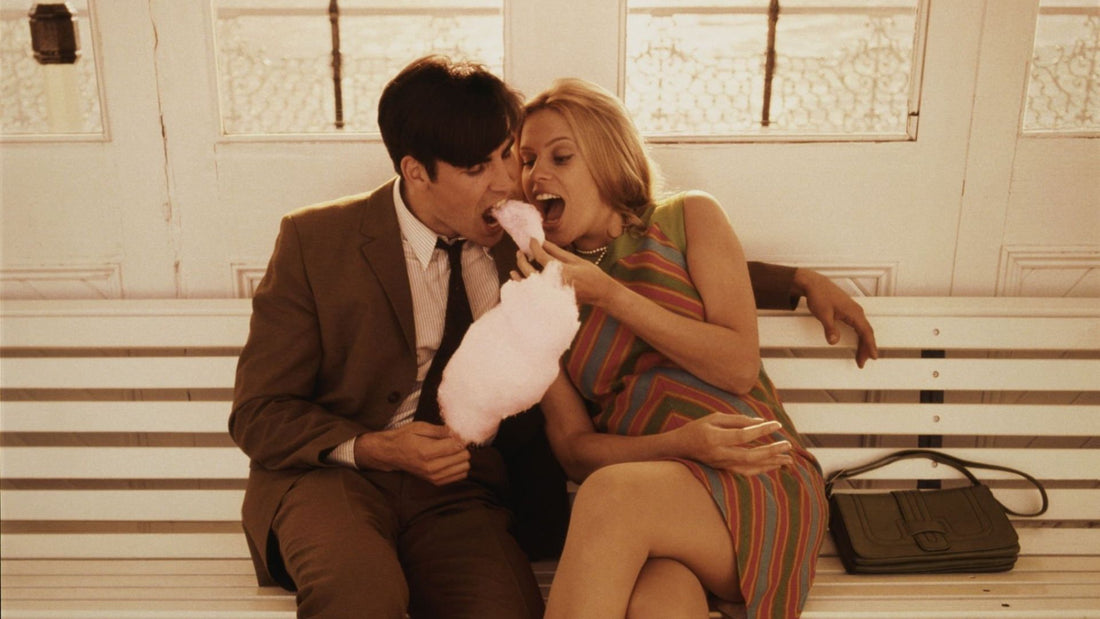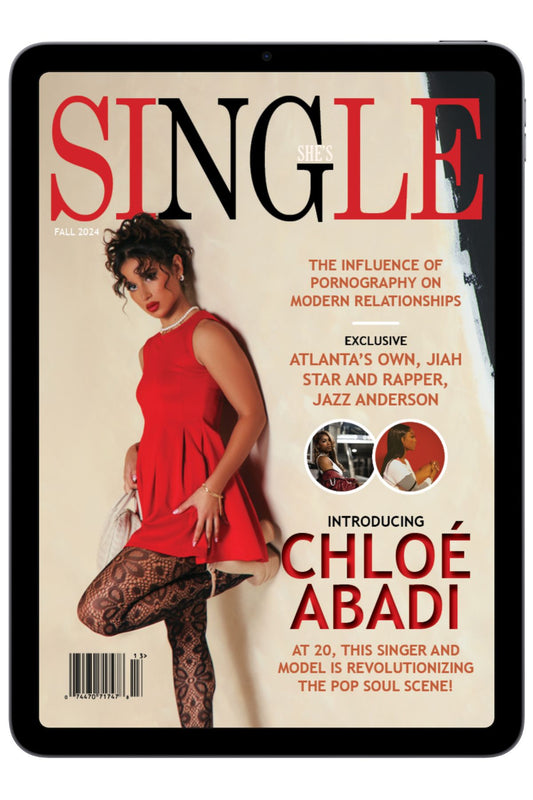What's the Difference Between Dating and a Relationship?

Why is courting a woman dead in 2024? No, really, it is. A social media thread is gaining traction after a user on X asked, “Fellas in a relationship, how did you court your lady?” The responses ranged from, “Went out on dates, comedy shows, restaurants, etc.,” to “IG, just asked her to lunch.”
One reply even read, “She courted me tbh lol. Started as 100% platonic friends. She saw how my ‘light dimmed’ when I was around my gf at the time. One night she said, ‘Don’t let someone treat you like glass when you’re a diamond.’ In our second year of marriage, and it was the best decision of my life.”
The first problem with this thread is the original question itself because courting, in its true meaning, refers to the traditional process of pursuing a woman romantically with the intention of building a serious, long-term relationship, often leading to marriage. The OP should have asked for input from men who are married. This would indicate there was a process of courtship that led to the marriage.
What is courting? Courting involves intentional actions to show respect, affection, and commitment. It is about building trust, understanding, and emotional connection, often emphasizing mutual respect and meaningful interactions rather than casual or fleeting encounters (aka relationships). A man asking a woman on a date does not mean he is courting her; he is simply interested in seeing if there is a connection strong enough to lead to courtship.

In other words, the first date between a man and a woman should be in an intimate space or an environment where there is uninterrupted conversation (e.g., a baseball game, a high-end restaurant free from screaming children or loud chatter, or even a picnic date). During this first in-person encounter, a man can begin to develop an emotional connection with the woman he intends to pursue. A woman’s physical appearance gets her a date, her conversation gets her courtship, her mindset gets her marriage, and her values and morals make her a mother.
The practice of courting has its roots in medieval Europe and other cultures where romantic relationships were formalized through rituals and societal customs. It evolved through various historical periods. In medieval Europe, the concept of "courtly love" was born in the courts of nobility. Knights would perform acts of chivalry to win the favor of a lady, often through poetry, music, or heroic deeds. While these relationships were sometimes idealized and not always intended for marriage, they set the tone for the romantic pursuit of women.
During the Renaissance, courting became more structured and family-oriented. Marriage was often a matter of alliances, and courting involved formal visits, gift-giving, and showing one’s suitability as a partner. Around the 19th century, courtship became more refined, with strict rules about behavior. It often took place under the watchful eye of a chaperone, and public displays of affection were minimal. Now, in the 21st century, courting has largely been replaced by casual dating and hookup culture, influenced by social media and societal norms in particular communities.

A relationship leading to marriage is still the goal for many men of a particular demographic because it symbolizes structure, alliance, and loyalty—whether that’s loyalty in business or at home. No company is going to make a bachelor their CEO for the simple fact that disloyal men are not trustworthy in any aspect of their lives. This is also why we see a clear demarcation when it comes to the music released in African American cultures versus non-Black cultures.
The music shapes us. Most Black men will rap about being disloyal, having multiple baby mothers, and frowning upon marriage because it means they could potentially lose half of their income to an estranged spouse. But the reality is, marriage is a system that determines how you will be viewed in society. A relationship is the start of that, so when men don’t date with intention, it’s already a sign of low IQ and EQ, which is what most women should fear and avoid like the plague.
Most of the responses to the thread lost the plot because they showed very clearly that the average man is not courting for marriage due to a lack of understanding of how much power there is in unionizing. A union between two partners or at a job provides significant benefits that cannot be achieved outside of it.
Unfortunately, these benefits have been overshadowed by the music most men consume for the sake of capitalism. The more men in private prisons, the more money those owners can make. It is no different from the ingredients found in much of the food Americans consume versus other countries—make them sick, then charge them for the cure. The average male bachelor relies on fast food daily, which puts him at risk for early sicknesses. It’s quite obvious at this point who the target is:

Black men in low-income neighborhoods are encouraged to listen to rap music glorifying having baby mothers and cheating on their girlfriends—essentially being dissuaded from striving for marriage or structure. They are expected to consume Chinese takeout, eat at delis, and purchase alcohol readily available on every corner.
They are often funneled toward blue-collar jobs, as they are presumed not to have the financial means or knowledge to pursue higher education or navigate the paperwork necessary to apply for loans and grants. Additionally, they are pushed to live chronically online, consuming podcasts about the decline of modern relationships while avoiding accountability for how they’ve contributed to the stigma surrounding broken homes.
Rinse and repeat. Throw in glorifying scamming and possibly ending up in jail, as much of rap music praises such behavior. The community as a whole lacks structure, intentional leadership, and selfless involvement. In an article last week, I discussed The Faithful Black Men Association and its detriment to the African American community. It highlighted how Black men seek inclusion and ego boosts by entering the online stratosphere, focusing on relationships as their primary topic.
This isn’t because they are experts on the subject—quite the opposite. The average heterosexual Black man is so lacking in relationship skills and legacy building that they can only form groups and discussions centered on blaming or belittling heterosexual Black women, the only group they view as inferior to themselves. Isn’t that pathetic?
by Danielle Wright







